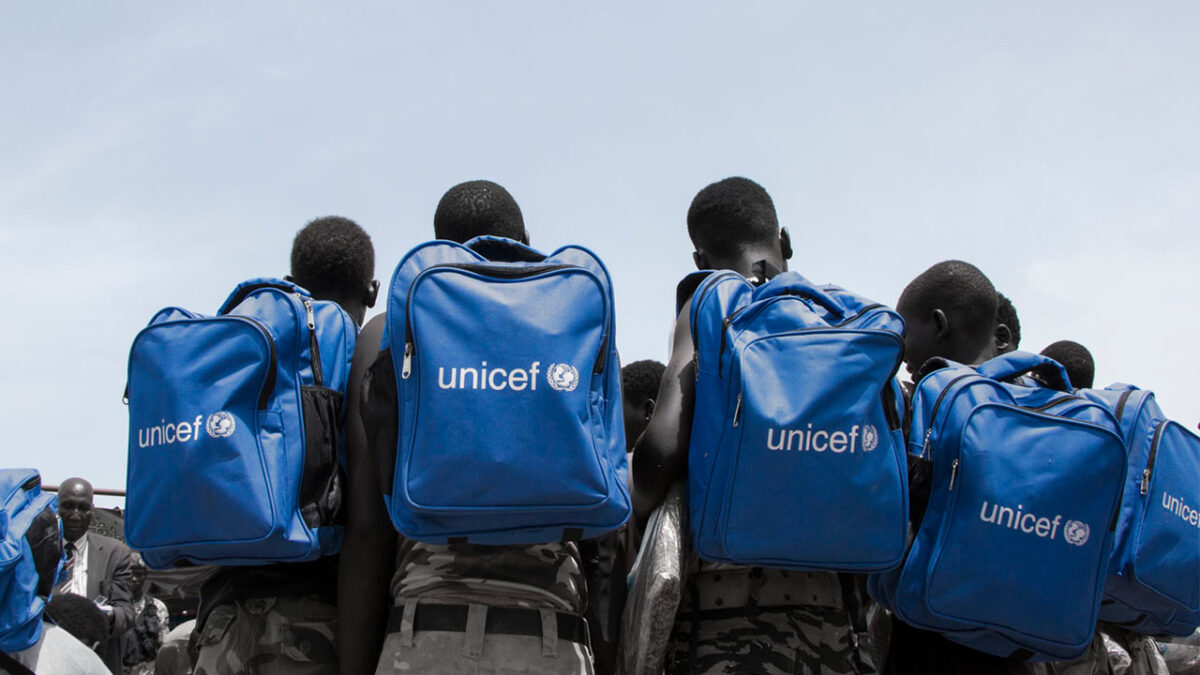While everyone is waiting for cryptocurrency to be recognized as legal tender in their specific countries, United Nations Children’s Fund (UNICEF) has shared their concerns on how digital currencies going mainstream could create need for new safeguards designed to protect children.
“Unregulated cryptocurrencies pose a threat to the stability of financial systems, government revenues on which many child services depend,” the Prospects for Children 2022 report reads.
The reason for the concern from the International organization was that crypto currencies can affect children in one way or another because of the unregulated transactions. This and more could expose children to multiple dangers like child trafficking, child torture and abuse, defrauding, and extortion of children.
“Now is the time to begin incorporating cryptocurrency and digital currency child safeguards into online child protection initiatives,” the organization added.
The UNICEF report and crypto
UNICEF notes a financial technology revolution that began in 2021, “driven by the rise in digital and cryptocurrencies.”
The research cites moves by Mastercard and Visa to provide cryptocurrency wallets to their customers, as well as a survey that found 40% of worldwide consumers want to use cryptocurrencies in 2022, to suggest that the crypto-trend will only grow in the next 12 months.
UNICEF recognizes, however, that some of the world’s most powerful economies are also cracking down on the sector.
“China’s decision to implement a closely controlled and monitored digital currency that builds on many of the innovations, while declaring all cryptocurrency transactions illegal, offers one template for curbing the proliferation of private financial technologies in favor of public alternatives,”
“India appears to be following suit by contemplating a ban on private cryptocurrencies,” the report added.
While the report poses serious concerns on the effects of unregulated cryptocurrencies going mainstream, UNICEF gives credit to the financial inclusivity that has offered a number of families around the world sustainable livelihoods.
“As we wait to see what direction the trend takes us in, the implications for children hang in balance,” it wrote.
First United Nations (UN) organization to take Crypto donations.
Back in 2019, the charity was one of the first to accept cryptocurrencies for donations, becoming the first UN agency to keep and transact in the digital currency. The UNICEF CryptoFund received a much-needed boost in April 2021, thanks to a $1 million donation from cryptocurrency exchange Huobi.
UNICEF has also capitalized on the fundraising potential of non-fungible tokens (NFTs), launching a collection of NFTs in December 2021 to commemorate its 75th anniversary and raise funds for school Internet connections as part of its Giga Initiative.
